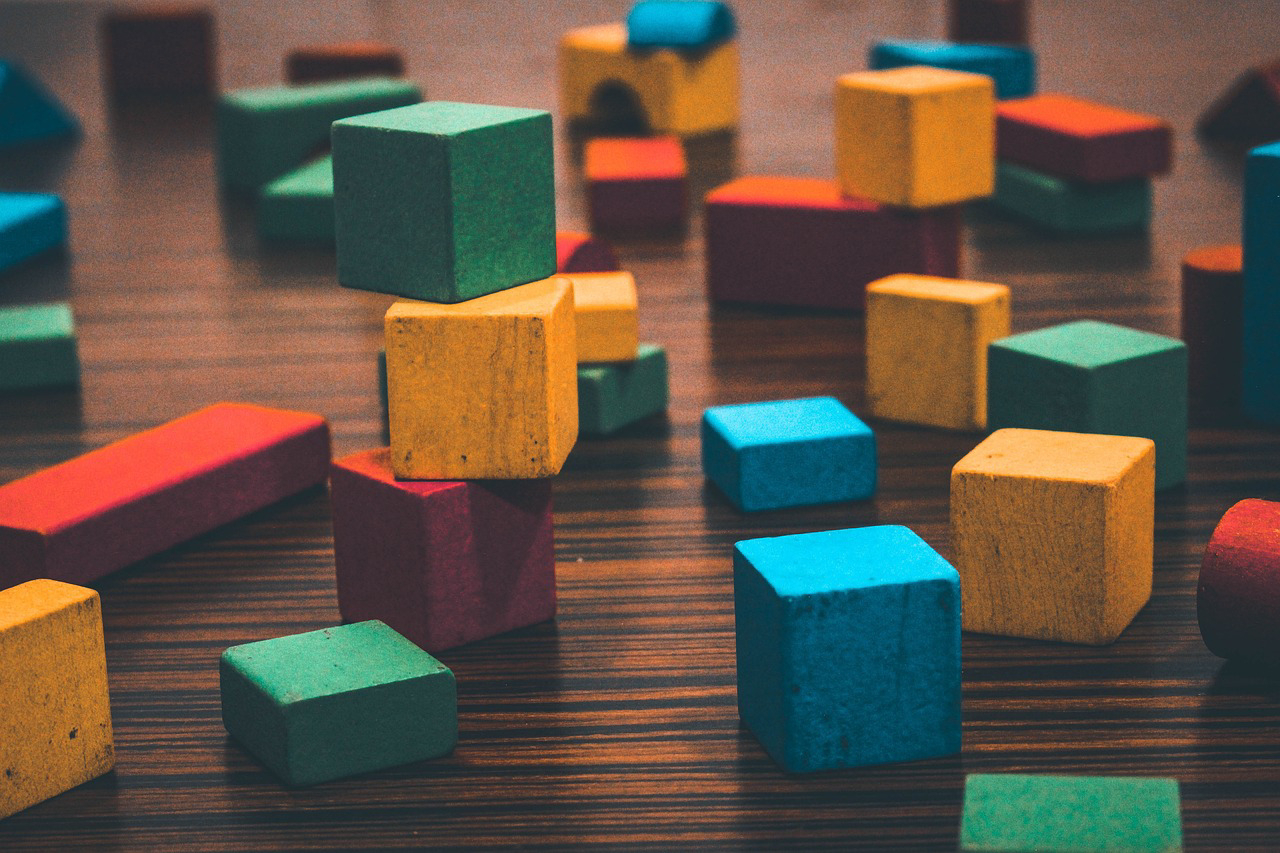Strategies employed by high achievers to enhance memory
Active Learning
Toppers use strategies for active learning, include coming up with mnemonic devices to help with memory retention, teaching concepts to others, and summarising information in their own terms.
To strengthen learning and guard against forgetting, top performers go over their study materials on a regular basis. They frequently use spaced repetition strategies, which involve going over the material at progressively longer intervals.
Making ideas and information visually appealing might help with memory recall. Toppers organise and comprehend difficult subjects by creating visual aids like mind maps, graphs, and charts.
Improving memory recall can be achieved by forging links or associations between previously learned material and new information. To improve comprehension and recall, top performers frequently connect new ideas to examples from everyday life or previously taught content.
Getting enough sleep, eating a balanced diet, and exercising frequently are all priorities for toppers. Exercise, a healthy diet, and adequate sleep are all important for maintaining brain health and cognitive function.
Toppers don't just passively go over the content; they actively retrieve it from memory. To assess their comprehension and consolidate their learning, they employ strategies including self- assessment, using flashcards, and taking practice exams.
Toppers divide their study sessions into small, manageable blocks of time, usually lasting 25 to 30 minutes, interspersed with brief breaks. The Pomodoro Technique is a method for preserving concentration and avoiding mental exhaustion.
To reduce stress and enhance focus, Toppers employ mindfulness practices including yoga, meditation, and deep breathing. Stress management is essential for the best learning and memory retention outcomes since prolonged stress can harm cognitive function and memory.
Note -This content, including advice, gives generic information only and is in no way a substitute for a qualified medical opinion










Comments
Post a Comment